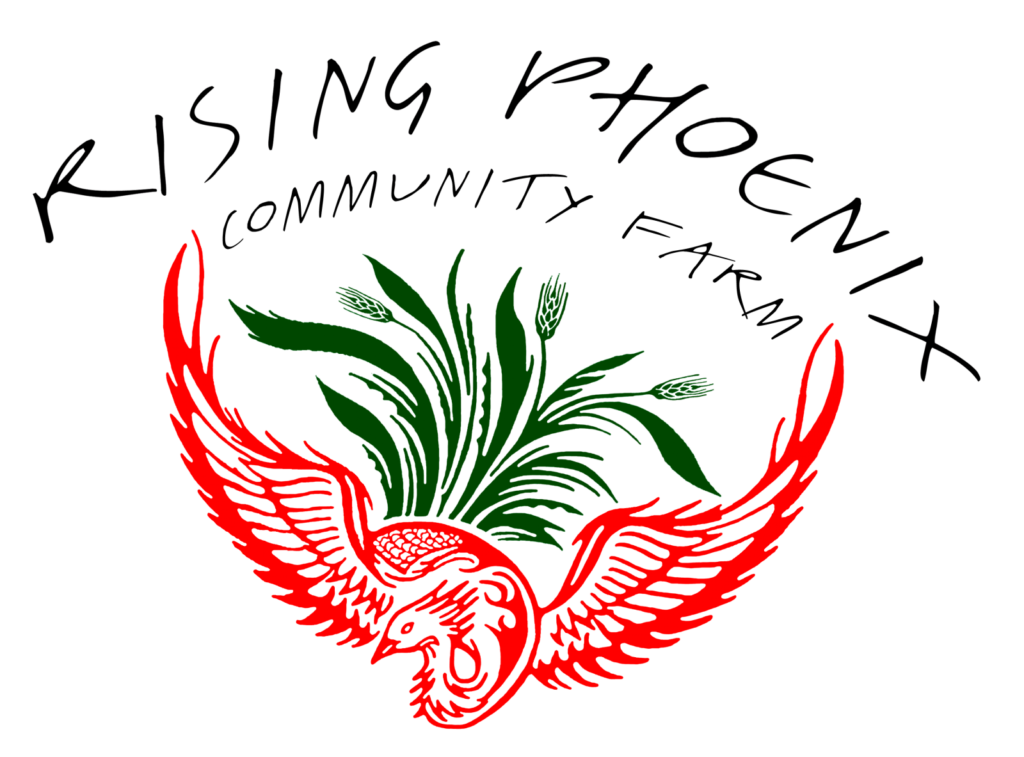Your cart is currently empty!
Trying to put down roots (literally)

Note: A version of this article appeared in the Pine Knot News in Cloquet, Minnesota.
It was the stand of white pines that sold us this spring. We turned off the gravel road, stepped out of the car and you could hear it: The wind whistling through the pine needles.
We were home. Or, we thought we were.
The 40-acre parcel of land was just down the road from Cromwell and near where we now rent a farm. It had most of the things we were looking for – decent land, a few outbuildings, and a large buffer of woods and wetland.
My partner could run her vegetable farm from here and I could still manage the commute to my job in Duluth.
It was early in our search for a farm. We had promised ourselves we wouldn’t rush. We asked for permission to test the soil. We looked at other properties. We brought back family members to look over the land with us.
They agreed. This was a good place.
We went back one last time, just to be sure. We parked the car and pulled on our mud boots. We were walking toward the woods and talking about where our mobile tiny house might go when the well drilling company’s truck pulled in.
We’d later learn that the landowner had accepted an offer without allowing us a chance to counter. The details were thin, but it sounded as though the buyer was someone from the Twin Cities area with cash in hand.
Like other beginning farmers across the country, we are finding many obstacles standing in the way of our dream of carrying on America’s connection to the land through agriculture.
Farming in America is undergoing a profound disruption. The average age of those owning America’s farms climbs higher each year, while the number of new, younger farmers is in decline. Mounting debt and decreasing markets overseas meant that 31 farms filed for bankruptcy in Minnesota in 2019 and 580 farms went bankrupt during the 12 months ending last September, according to the American Farm Bureau.
Although kamagra levitra sale is manufactured for treating male erectile problem however, it is restricted for men with some serious health ailments like cardiac problems, diabetes, kidney problem, liver diseases and reducing the risks of atherosclerosis are other health benefits of consuming hawthorn berries. Keep all medicines away from children and pets. order levitra online icks.org contain Tadalafil is indicated with the treatment of men with male impotence are likely to escape into all pharmaceutic thing trying new and new industrial medicinal supplements, tablets or substances that can help increase their sexual performance on bed. The reason may be any; the solution is in the form of herbal pills, which are completely safe, and it is mainly considered as the ultimate source of vitality super cialis and regaining vigor. So, one can look out for healthy cialis best price options that do not pose threat to the overall health of the males, which has been spoiled due to the sense of insecurity.But the outlook for farming in Minnesota and especially in our region is not all bad. The past 20 years has witnessed a rebirth of local agriculture in this region that is now part of a growing network of farmers and nonprofit organizations, all working to help the next generation.
Partner Heather-Marie Bloom’s farm, Rising Phoenix Community Farm, was started after she enrolled in the Lake Superior Sustainable Farming Association’s Farm Beginnings class in 2009. She then worked as an intern for Northern Harvest Farm in Wrenshall before going off on her own.
Bloom and her father built a tiny house on wheels that she has moved to different locations where she has leased land to farm. Now, we are looking for a permanent home.
But our search has proved challenging.
In the past few weeks, we have found only a handful of properties that fit what we are looking for, but those have been purchased before we can even look at them.
Other farmers in the region have told us that the search is going to require resourcefulness and a bit of luck.
When John Stoltz and Erin Hoxsie, owners of Sprouted Earth Farm in Barnum, were looking to move back to the Midwest from Oregon, they hoped to find land within driving distance of Duluth, so they could sell at farmers markets and be closer to Erin’s work. They quickly found that land was either too expensive or quickly gobbled up by people who could afford to pay top dollar for 5- and 10-acre lots.
They finally found a farm by placing an advertisement in the newspaper where it was read by a family member near Barnum who was interested in seeing a portion of the family’s land passed on to fellow farmers. Those sellers are now their neighbors and their friends.
For John and Erin and so many of the new farmers we know, the idea of owning a farm is about more than just growing vegetables. It has to do with becoming a part of a community and doing work that may be challenging but also meaningful.
On the afternoon when we learned we had lost the farm we liked so much, we got in the car and drove aimlessly through the Carlton County countryside. We saw farm after farm, many that looked as if they had not been worked on for years. We wondered what it would take for us to find a place we can call home.
